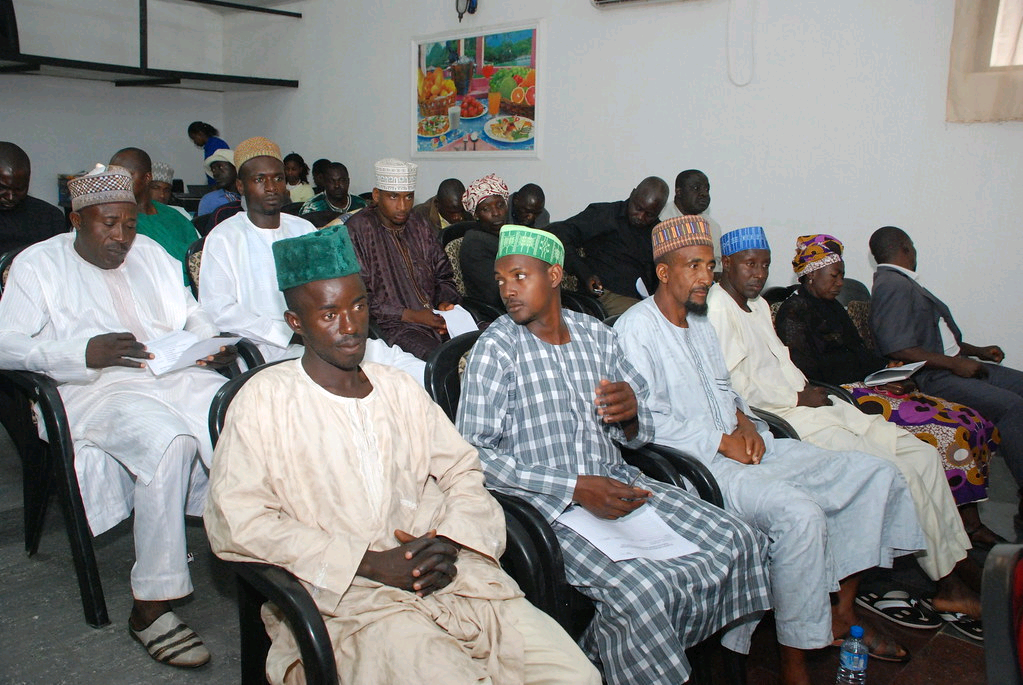The Jos Forum Inter-communal Dialogue Process refers to a peace initiative among communities living in Jos, Plateau State, Nigeria, aimed at resolving decades of inter-communal conflict. Since 2001, Jos has experienced communal riots and violence, resulting in thousands of deaths and widespread displacement.
The dialogue process spanned 16 months (August 2013 – December 2014) and culminated in the signing of a “Declaration of Commitment to Peace” by the participating communities:
- Afizere
- Anaguta
- Berom
- Fulani
- Hausa
- Igbo
- South-South
- Yoruba
- Women (as a distinct community)
Background
- The Middle Belt region of Nigeria is the meeting point between the Muslim-majority north and Christian-majority south.
- The region has long been a melting pot of ethnic and religious groups, but it is also a flashpoint for conflict over land, identity, resources, and political power.
- Jos city has been a hotspot for ethno-religious violence since the 1990s.
- Nigerian government responses included military and police interventions and the establishment of federal and state commissions of inquiry.
- However, most recommendations were never implemented, as noted by the 2010 Presidential Advisory Committee on the Jos Crisis.
Dialogue Process
The Centre for Humanitarian Dialogue (HD) launched a community-driven dialogue in 2013, involving the main communities and victims of the conflicts.
Key Issues Discussed
- Trust building and religious tolerance
- Rebuilding places of worship and access to burial grounds
- Youth issues and unemployment
- Governance and traditional rulership
- Jos city disputes: ownership and indigeneship
- Countryside disputes: cattle rustling and land conflicts
- Impunity, reparations, and compensation
- Security of lives and property
The 16-month dialogue produced a series of recommendations, which became the basis for the implementation phase.
Outcomes
- December 12, 2014: A ceremony in Jos marked the end of the dialogue phase and launch of the implementation phase.
- Communities signed a Joint Declaration of Commitment to Peace, which stated:
“During the dialogue sessions, we learned much about each other’s fears and desires… tolerance and respect serve as the foundation for peaceful living… dialogue rather than violence is the preferred means of resolving disputes… and uniting around common values can achieve more progress than emphasizing differences.”
Key Outcomes
- Reconstruction and rehabilitation of schools, churches, and mosques destroyed during conflicts
- Legal registration of the Jos Peace Dialogue Forum as a non-profit to act as a sustainable dialogue mechanism
- In 2015, the forum was used to mediate political discussions and promote peaceful elections
See Also
- 2001 Jos riots
- 2008 Jos riots
- 2010 Jos riots
- 2014 Jos bombings
- Kafanchan Peace Declaration
